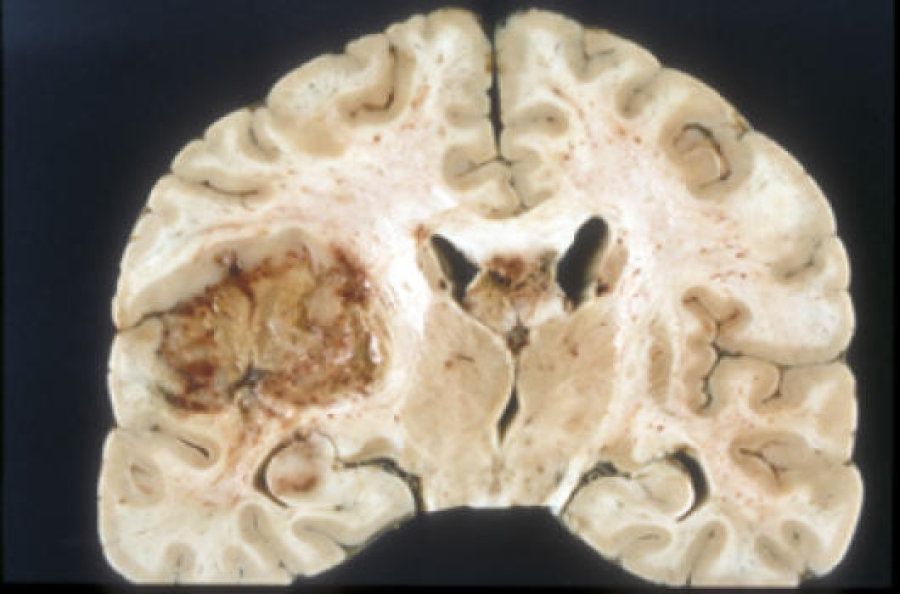Researchers find new way to combat brain cancer
Tue 22 Sep 2015, 12:28:26

Activating a specific family of proteins may stop the spread of the most lethal and aggressive brain cancer glioblastoma multiforme (GBM), new research has found.
GBM is the most common brain tumor in adults and people with GBM often live fewer than than 15 months following diagnosis because, despite surgery, radiation and chemotherapy, individual cancer cells escape and invade healthy surrounding tissue, making additional treatment attempts increasingly difficult.
"New therapies for GBM are desperately needed," said corresponding author on the study Kathryn Eisenmann, assistant professor at University of Toledo Health Science Campus in Ohio, US.
"We hope our latest finding will lead to a novel and effective treatment for this extremely aggressive cancer," Eisenmann noted.
The study expands upon an earlier discovery of a bioactive peptide called
DAD (diaphanous autoregulatory domain) and small molecules called intramimics. Both DAD and intramimics activate a family of proteins called DIAPHs or mDIA, which are known to play vital roles in GBM spread.
DAD (diaphanous autoregulatory domain) and small molecules called intramimics. Both DAD and intramimics activate a family of proteins called DIAPHs or mDIA, which are known to play vital roles in GBM spread.
The new study found that locking DIAPH into an "on" state using DAD, intramimics stops GBM cells from invading normal brain tissue.
The researchers hope to soon evaluate the effectiveness of this new strategy in preclinical models, a crucial step in translating this discovery to the clinic and patients. "GBM is lethal because it so effectively escapes and evades therapy," Eisenmann said.
"Our hope is this discovery will prove to be an anti-tumour strategy and one that will be safe and effective for patients," Eisenmann noted.
The study was published online in the journal Molecular Biology of the Cell.
No Comments For This Post, Be first to write a Comment.
Most viewed from Health
AIMIM News
Latest Urdu News
Most Viewed
May 26, 2020
Is it right to exclude Bangladesh from the T20 World Cup?
Latest Videos View All
Like Us
Home
About Us
Advertise With Us
All Polls
Epaper Archives
Privacy Policy
Contact Us
Download Etemaad App
© 2026 Etemaad Daily News, All Rights Reserved.

























.jpg)
.jpg)
.jpg)


